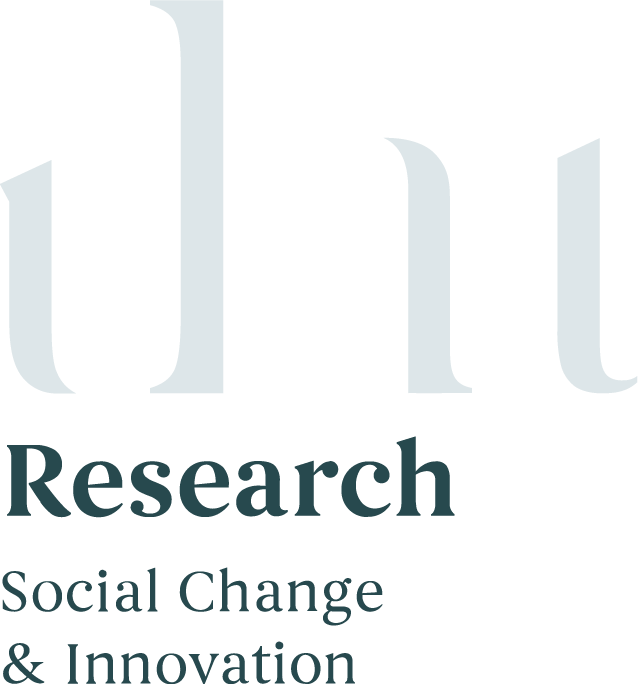Achieving Whānau, Hapū, Rūnanga and Iwi Aspirations through a Whānau Ora Commissioning Model
Project Background
Photo Credit Melissa Banks
The Te Pūtahitanga o Te Waipounamu model of commissioning is highly participatory and is based on the premise that people at the local level already have the ideas, knowledge, tools and capabilities required to create their own innovative solutions to the challenges they experience in their communities. This research was designed to understand what impact directly commissioning whānau activity has for iwi and/or rūnanga. Iwi and rūnanga have their own strategic goals; this research investigated the link between their aspirations, the aims of commissioned initiatives and the Whānau Ora Outcomes Framework.
What we did
Researchers approached four iwi, two rūnanga and one whānau business to be involved in this research. Participants were purposefully sampled to represent a range of initiatives and different iwi roles and responsibilities, for example; Chief Executive, rūnanga leaders and whānau. Data was utilised from the evaluations of the seven previous waves and Te Pūtahitanga o Te Waipounamu provided whānau commissioning demographic, funding and regional data for analysis. The overarching research questions guiding the investigation were:
In what ways does a whānau commissioning approach to Whānau Ora contribute to the aspirations of iwi?
How have whānau commissioned initiatives contributed to iwi strategic outcomes?
What opportunities, ideas and innovations may enhance the impact of whānau commissioning?
Outcome
Analysis indicates that there is alignment between iwi/rūnanga strategic plans and the Whānau Ora Outcomes Framework, developed by the Whānau Ora Taskforce. There are several impact factors including localised solutions; mā pango, mā whero, oti ai te mahi (teamwork); building whānau capability and capacity; educational opportunities; cultural connections; leadership, partnerships; and rangatiratanga. Te Taumata is an expression of rangatiratanga. Together, the nine iwi are able to express their authority, making decisions about the strategic intent, directions and structures of Whānau Ora in Te Waipounamu.
The commissioning approach has enabled iwi and rūnanga to umbrella initiatives. This has had benefits for both parties. These include capability building; improved relationships; an increased sense of hope; the regeneration of marae; and the use and protection of the natural resources in the area.
Opportunities were identified to extend the coaching that is available to whānau involved in the initiatives and maximise to the collective strength, bargaining power, resources and mana of Te Taumata for the benefit of whānau.
“That funding that we got has created jobs, it’s created business opportunities, it’s created papakainga opportunities and it’s created educational opportunities.”
Find out what we can do for you
We’ll work with you to find out what’s working, where investment could be put to best use or how to improve anything not going to plan. We can help you define success and set tangible, measurable goals. And we talk in real language so you can understand and engage with the findings. We engage with the community to conduct community research and consultations for private companies, trusts, government agencies, NGOs and more. But we have a special interest in research that has a purpose - to better society and teach lessons. We aim to help those we work with build capacity to enact positive change.


